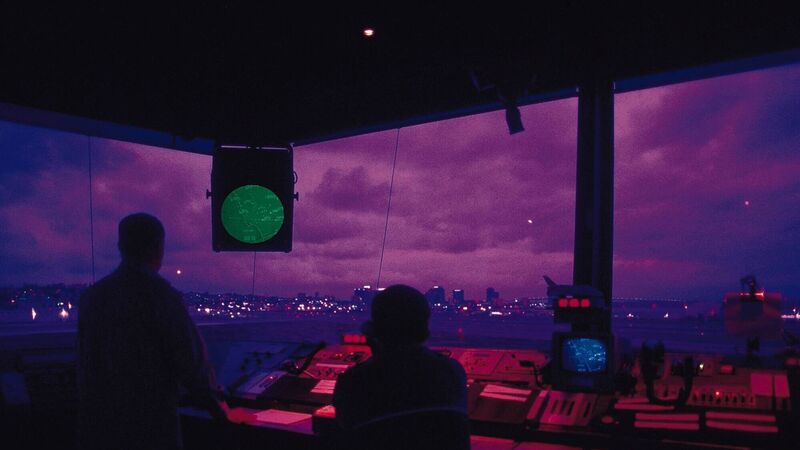Irish Examiner view: Split-second timing keeps our skies safe

Recent crashes in the US and potentially dangerous incidents here at home serve to remind us that air travel carries risks.
Reports of a mid-air near miss over Cork Airport during last summer’s peak holiday season serve as a reminder of just how busy our skies are, and how we are often oblivious to this fact and its potential consequences.
A glance at one of the airline tracking apps can quickly evaporate our sense of isolation up in the clouds which is, perhaps, why so many of us prefer not to know and settle down, instead, for a stress-free flight. But that is not the same as being kept in permanent ignorance and questioning why public details are only now emerging, six months later, through leaked accounts, about an incident involving a Ryanair Boeing 737 heading for Manchester and a Cessna plane on a training flight from Waterford on July 26 last year.













